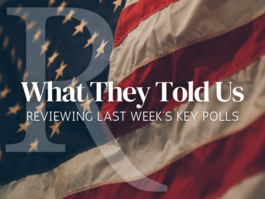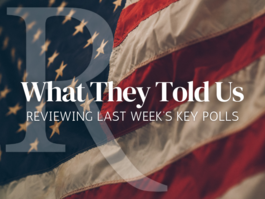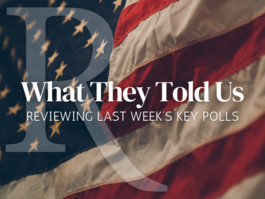New Standards for Credit-Card Decency
A Commentary By Froma Harrop
By the time you read this, the Senate may have passed a bill to put a leash on the nastiest credit-card company tactics. Lenders warn that changing the rules would make it harder for people to get credit.
And a good thing that would be. Rest assured, we'll all adjust.
The House has already passed its own credit-card legislation, and it, too, will curb some of the most evil practices ever cooked up by financiers. At the top of the list is the ability of lenders to up the interest rates on money already borrowed, even if the cardholder has been dutifully keeping up with payments.
The latest Senate bill still lets credit-card companies can get away with a lot. For example, there are no limits on the interest rates they
may charge, though some Democrats have been fighting for such a cap. The companies can raise the rates on new balances to the skies, though they have to give 45 days' notice.
The American Bankers Association argues that the new rules will pass risk onto responsible borrowers. "People who manage their credit card will end up having to pay for people who don't, people who don't repay their loans," says an ABA spokeswoman, Nessa Feddis.
No, they don't have to pay, because they don't have to borrow if they don't like the terms. So when VultureCard tells Ms. Monthlypayer that her interest rate on future unpaid balances will jump from 18 percent to 29 percent, she can tell it to take a flying leap.
If VultureCard wants to keep Ms. Monthlypayer on its hook, it has alternatives to goosing her already high rate. It can stop fishing for poor credit risks. In any case, other lenders would love to have Ms. Monthlypayer and her responsible ilk.
Feddis further complains that "the bills and rules restrict the ability of card companies to adjust to changing environments, to changing risks."
Actually, she has it backward. The regulations change the environment on purpose. But I have full faith in the industry's genius for making profits, even if it can no longer fleece the least sophisticated members of our society.
But what about poor credit risks? They won't have access to credit anymore.
So they won't.
We heard similar excuses for subprime mortgages, which helped people with little savings buy houses. Such loans have almost disappeared, forcing more prospective homebuyers to amass money for a decent down payment and maintain a respectable credit rating. If that means they can't buy houses this year, so be it.
Card companies say that many consumers get behind on their credit-card payments because they have lost jobs or are saddled with unexpected medical bills. They are good people who need the money.
Well, all these things happened to good people before there were credit cards. That's why folks saved for a rainy day. Remember the ancient advice to stash away six months' worth of income?
That prudent approach died during the housing bubble, when Americans assumed that their home equity was a safe stash. With tougher lending standards, there will be less money sloshing around for real-estate speculation. There will be fewer housing bubbles to lead us astray.
Everyone has to shape up. New standards for decency will oblige credit-card companies to give up some of their tricks (though it appears they will still be able to do things beyond their wildest dreams in the days of usury laws).
Responsible borrowers will enjoy a few more consumer protections. Irresponsible ones and non-savers will have to mend their profligate ways.
To borrow from Shakespeare's Polonius, "Neither a deadbeat nor a vulture be."
COPYRIGHT 2009 THE PROVIDENCE JOURNAL CO.
DISTRIBUTED BY CREATORS SYNDICATE, INC.
Views expressed in this column are those of the author, not those of Rasmussen Reports.
See Other Political Commentary.
See Other Commentaries by Froma Harrop.
Rasmussen Reports is a media company specializing in the collection, publication and distribution of public opinion information.
We conduct public opinion polls on a variety of topics to inform our audience on events in the news and other topics of interest. To ensure editorial control and independence, we pay for the polls ourselves and generate revenue through the sale of subscriptions, sponsorships, and advertising. Nightly polling on politics, business and lifestyle topics provides the content to update the Rasmussen Reports web site many times each day. If it's in the news, it's in our polls. Additionally, the data drives a daily update newsletter and various media outlets across the country.
Some information, including the Rasmussen Reports daily Presidential Tracking Poll and commentaries are available for free to the general public. Subscriptions are available for $4.95 a month or 34.95 a year that provide subscribers with exclusive access to more than 20 stories per week on upcoming elections, consumer confidence, and issues that affect us all. For those who are really into the numbers, Platinum Members can review demographic crosstabs and a full history of our data.
To learn more about our methodology, click here.



